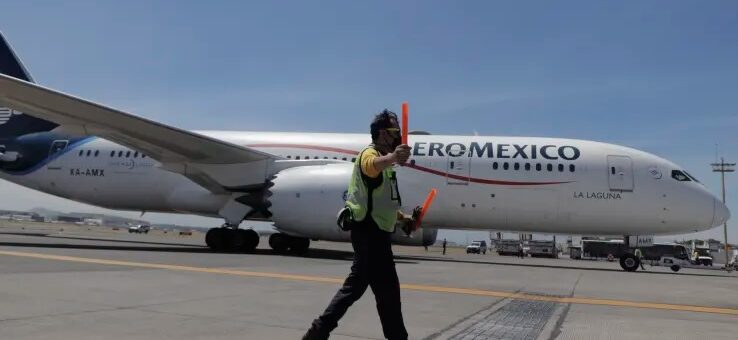
Mexico Update: Safety, Infrastructure, and Policy Change
As air travel to Mexico picks up for the winter season, announcements regarding new (and delayed) infrastructure and possible policy changes related to cabotage and safety are in the news.
Felipe Ángeles International Airport (IATA: NLU, ICAO: MMSM), run by the Mexican army, wants the airport to be open for international airlines conducting domestic operations within Mexico. Known as cabotage, the transportation of goods or passengers between two places in the same country by a transport operator from another country, the practice is prohibited in most countries, including Mexico. The prohibition is meant to protect the interests of local operators.
The policy change could be a move to increase operations at the new airport, which is operating at about 25% capacity.
Mexico’s President, Andrés Manuel López Obrador, supports the idea.
“Let’s open it [aviation] up to the competition. That’s democracy. Let foreign airlines come in from Europe and the United States to operate flights inside the country,” he said.
Under the current proposal, cabotage would not be permitted from any other Mexican airports.
Mexico has temporarily paused the development of a new airport planned for Tulum, Quintana Roo. The Federal Ministry of Environment and Natural Resources (Semarnat) is responsible for environmental impact studies. Social media recently circulated a letter calling the project “unviable,” but Semarnat denied that determination and suggested that letter was “manipulated.” Instead, the project is delayed due to budget constraints.
The FAA downgraded Mexico’s aviation safety rating in 2021 from Category 1 to Category 2 based on a series of audits. Still, the FAA recently indicated Mexico is progressing toward returning to Category 1 status. The downgrade means Mexico-based airlines cannot add new flights or routes to the U.S.
When announcing the downgrade, the FAA said, “The FAA is fully committed to helping the Mexican aviation authority improve its safety oversight system to a level that meets ICAO standards. To achieve this, the FAA is ready to provide expertise and resources to support the Agencia Federal de Aviacion Civil (AFAC) ongoing efforts to resolve the issues identified in the IASA process. Both AFAC and FAA share a commitment to civil aviation safety. Sustained progress can help AFAC regain Category 1.”
According to the FAA, 90% of countries participating in the ratings and oversight systems are rated Category 1, demonstrating compliance with international safety standards.